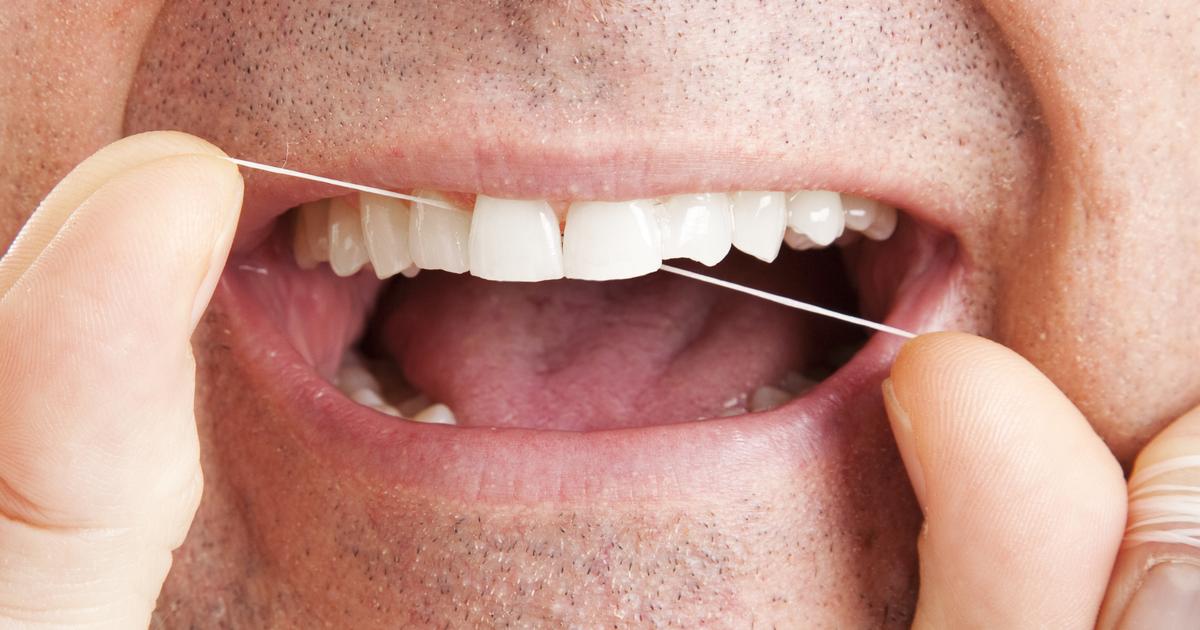Guide To The Prevention, Treatment, And Removal Of Tonsil Stones
Tonsil stones, medically known as tonsilloliths, may form if dead skin cells, food debris, or mucus gets trapped in the tonsils and calcifies (hardens). Patients with tonsil stones often experience pain while swallowing, eating, or drinking, and swelling might also be present. Tonsil stones typically cause a feeling of an obstruction at the top of the throat, and patients could notice persistent bad breath. If the stones become very large, they could lead to breathing difficulties. Since the symptoms associated with tonsil stones may sometimes be caused by a more serious condition, patients who notice stones should be examined by a healthcare provider. This is especially important if the patient is experiencing neck pain or swelling, difficulty speaking or swallowing, and an inability to tolerate citrus. A medical evaluation is also essential if bloody saliva occurs or if one tonsil is larger than the other.
Get familiar with how to prevent tonsil stones as well as how they can be treated when they do occur now.
Stay Hydrated

One of the simplest and most important methods of preventing tonsil stones is to stay hydrated. When individuals aren't drinking enough water, more debris can accumulate on the tonsils without being washed away. If individuals already have tonsil stones, staying hydrated is a vital part of treating them as well. Patients can gargle warm salt water to start dissolving the stones. Experts also recommend gargling with a mouthwash free of alcohol. One of the problems with alcoholic mouthwashes is they dry out the mouth. So if an individual does use a mouthwash with alcohol, they need to drink extra water to make sure bacteria doesn't grow. The drier the mouth, the greater the chances of bacterial growth on the tonsils. Some medications can cause dry mouth, so patients should make sure they're sipping water throughout the day if they're prescribed one of these. Water is the best liquid for staying hydrated, but other drinks are acceptable if water isn't an option.
Read more about preventing and treating tonsil stones now.
Practice Good Oral Hygiene

Another one of the most important preventative measures when it comes to tonsil stones is to practice good oral hygiene. Individuals with poor dental hygiene are more likely to develop tonsil stones. If individuals do have tonsil stones, it might be a sign there's an issue with their brushing, flossing, or mouthwash habits. Studies have shown individuals who don't engage in regular brushing and flossing are also at an increased risk of tonsil stones. This may be because more debris is trapped in the crevices of the tonsils when it isn't brushed away. It may also be because bacteria are more likely to grow on the tonsils if they're also growing in the mouth. The same types of bacteria that lead to tonsil stones are also responsible for oral infections, gum disease, and tooth decay. Bacteria on the tonsils often indicate there are also bacteria thriving in other parts of the mouth. One study shows tonsil stones are made of a material similar to the plaque on the teeth.
Keep reading to learn more about preventing and treating tonsil stones now.
